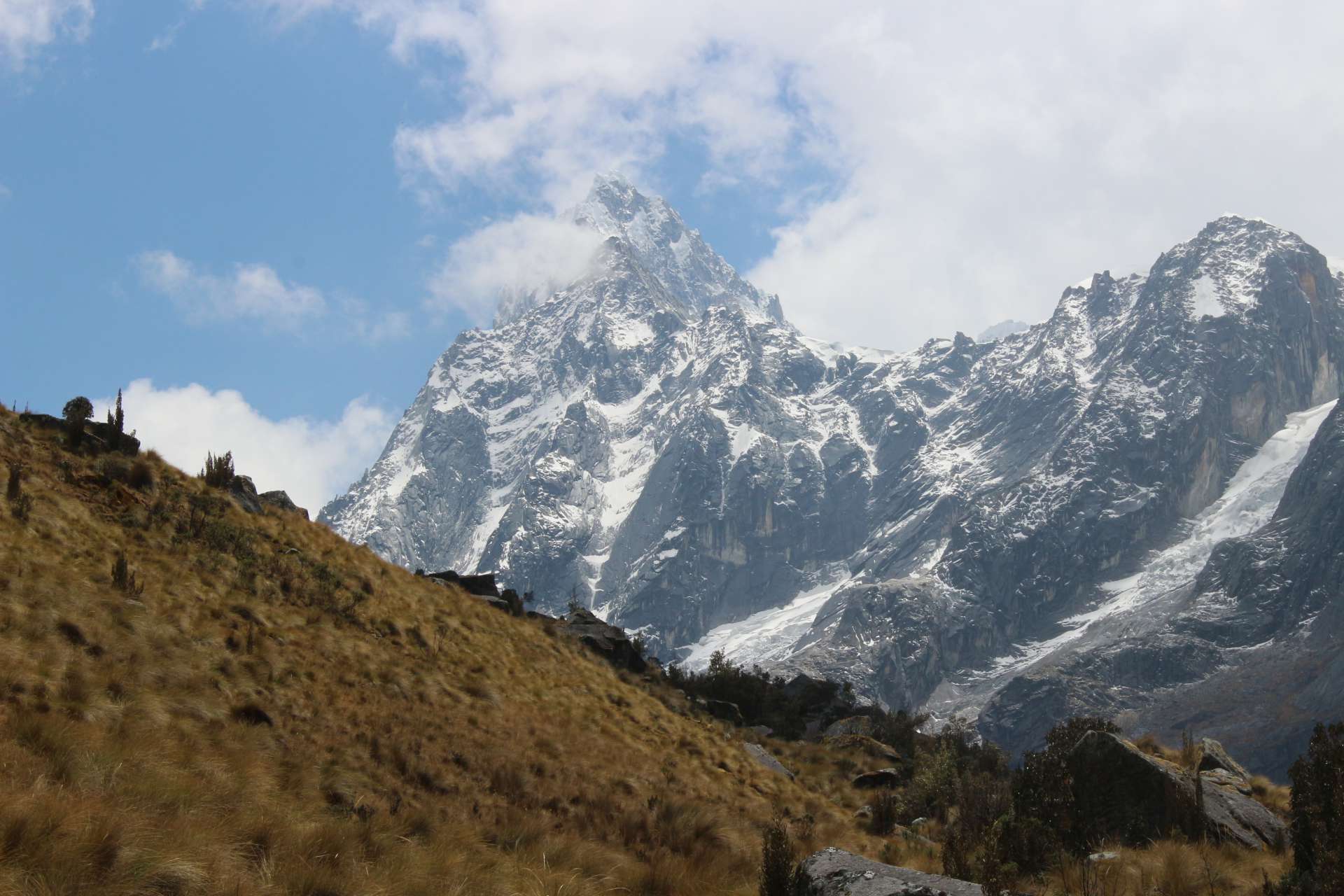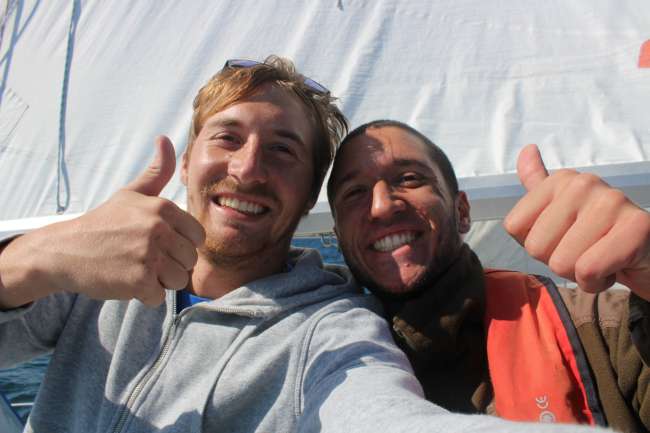Nazca - Strange lines in the sand and stuff + Huanchacco (again)
Naipablaak: 08.12.2016
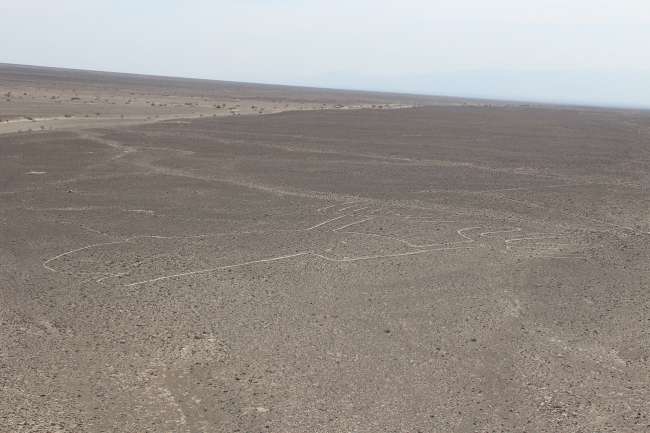
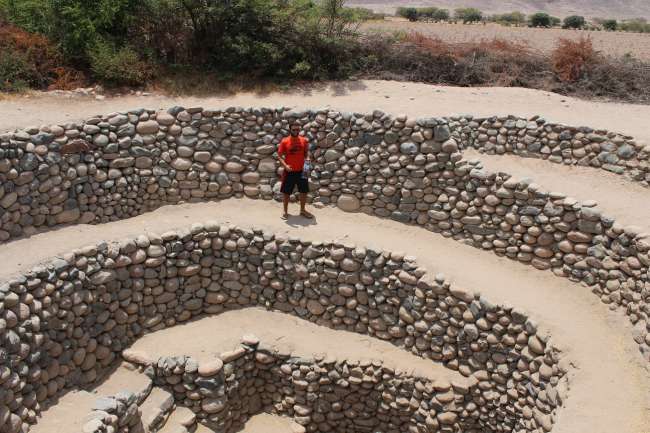
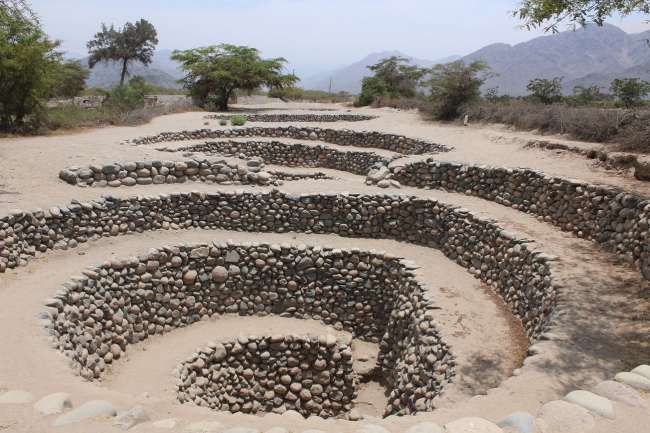
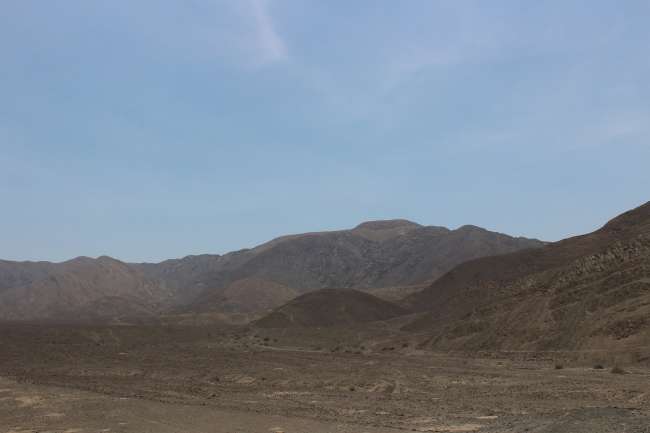
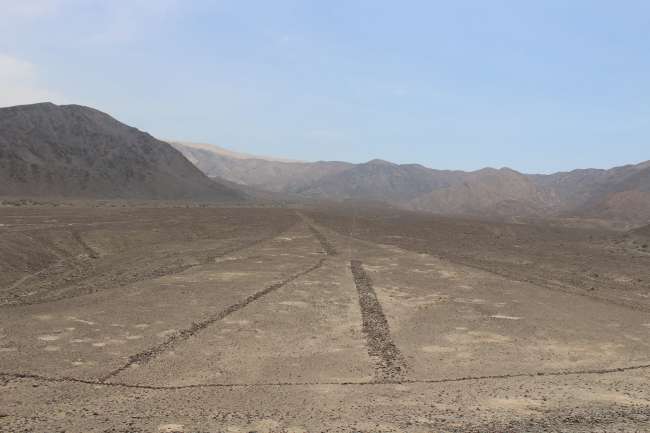
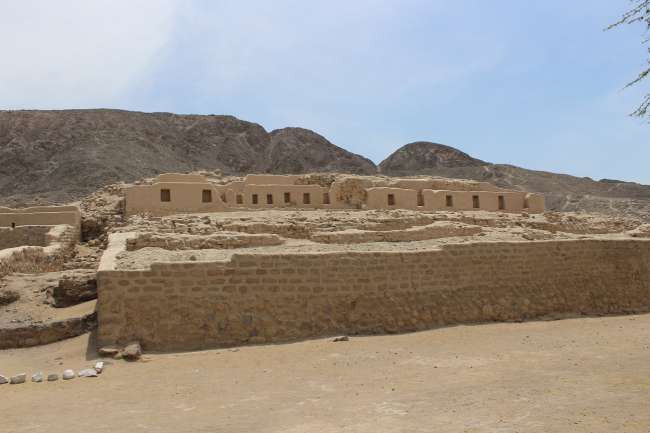
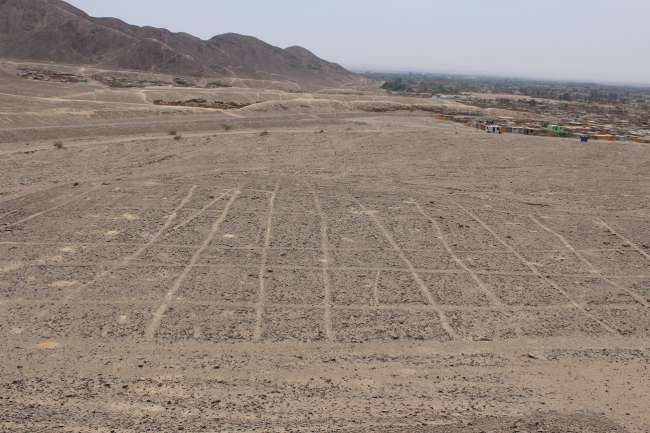
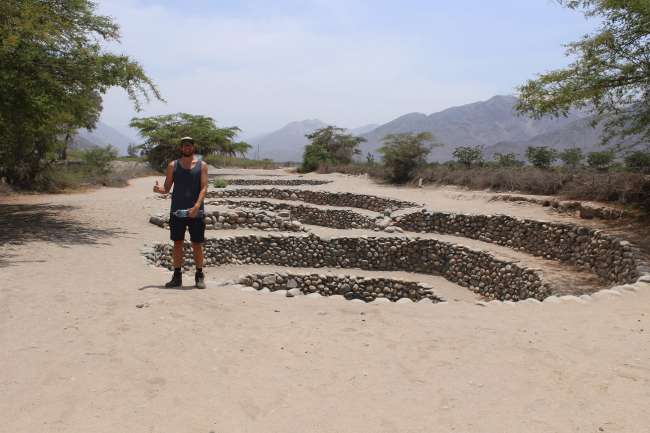
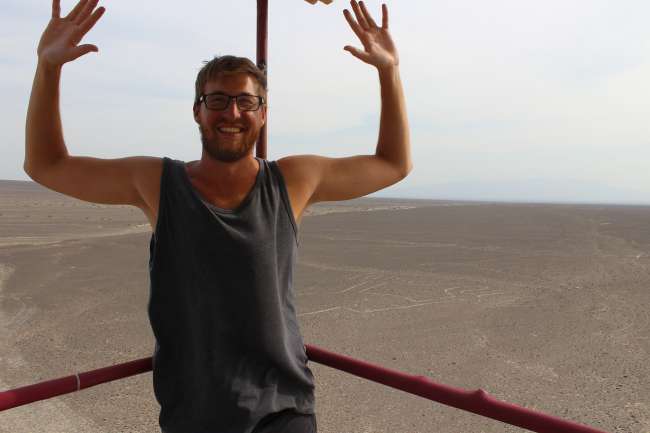
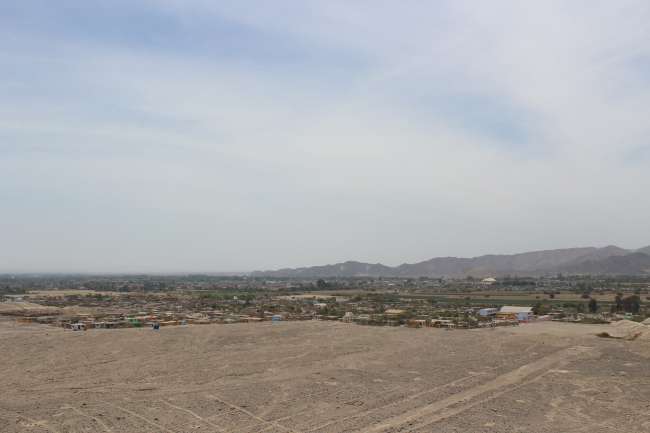
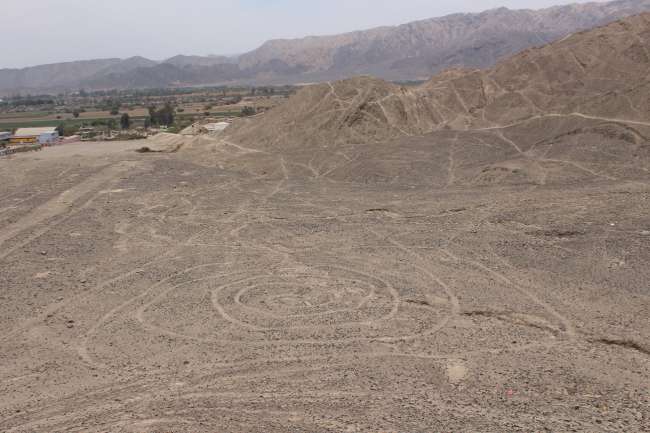
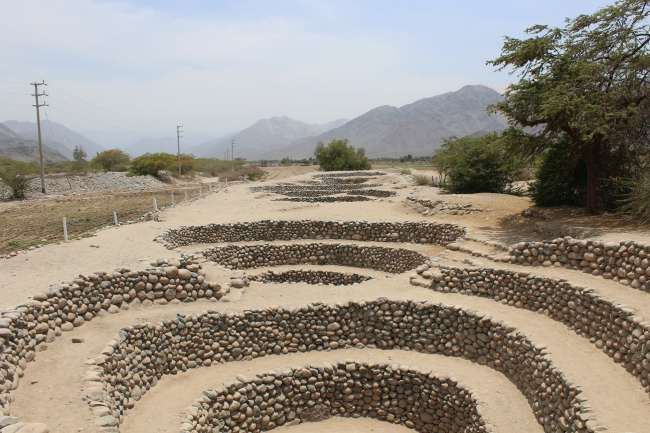
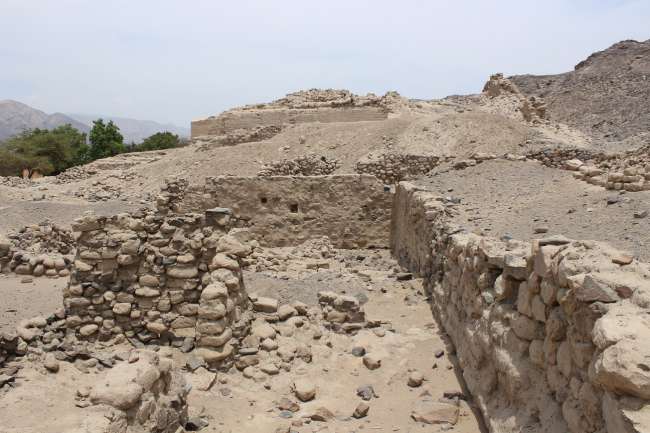
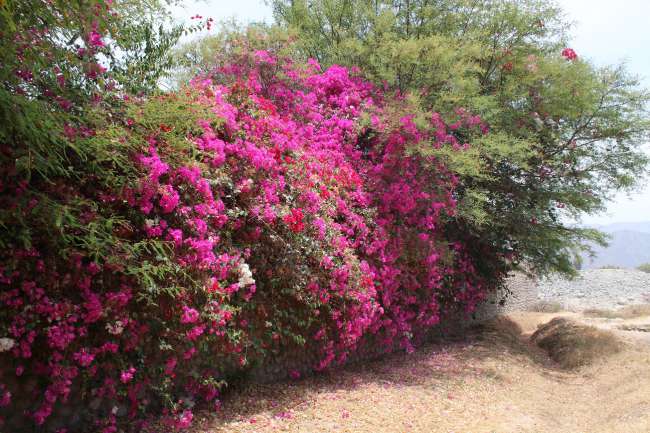
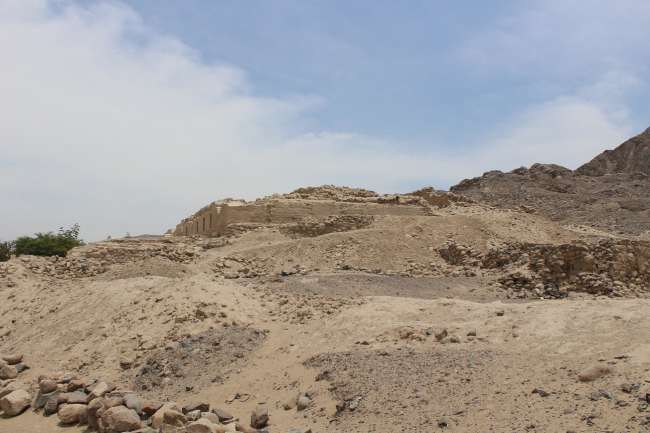
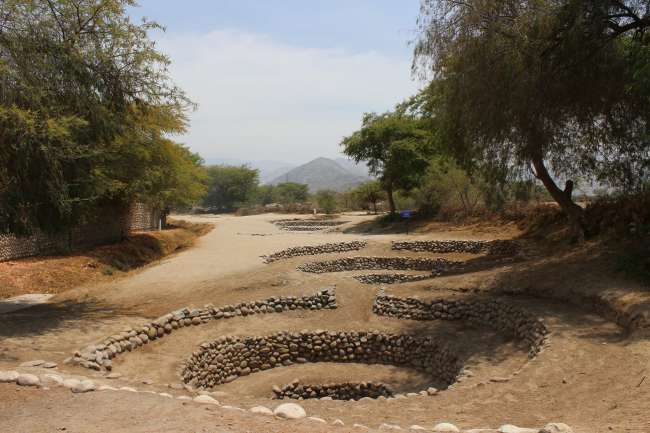
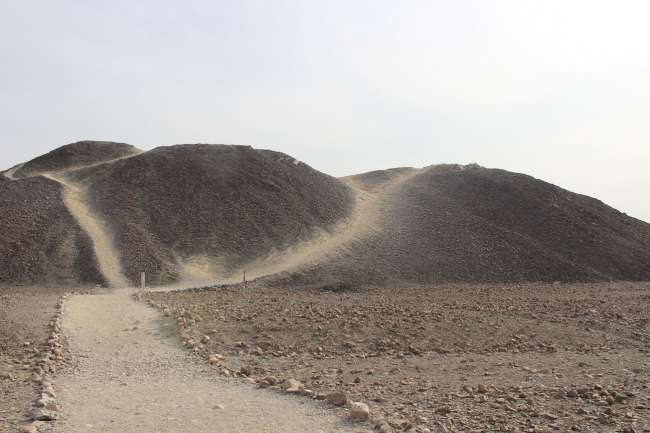
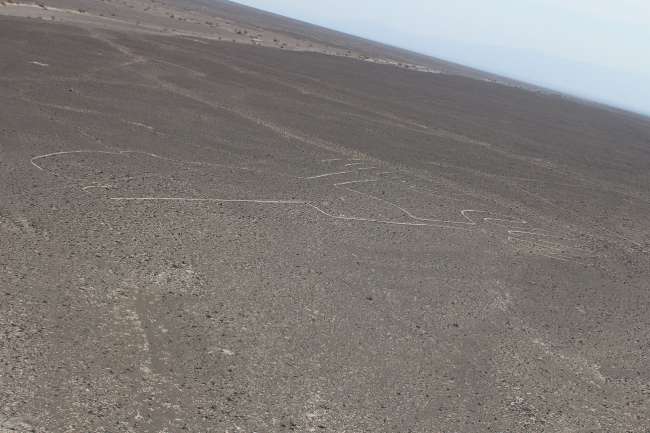
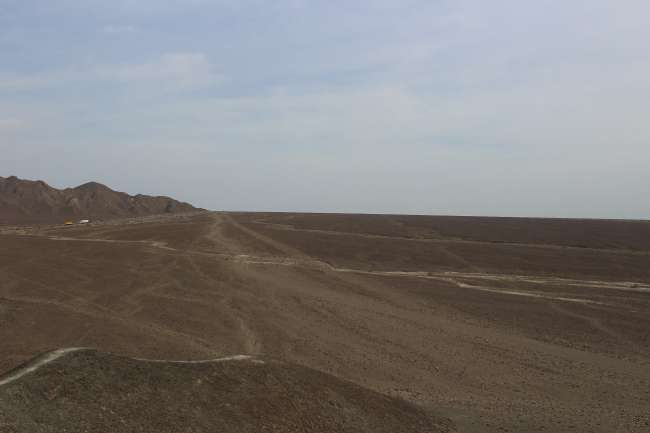
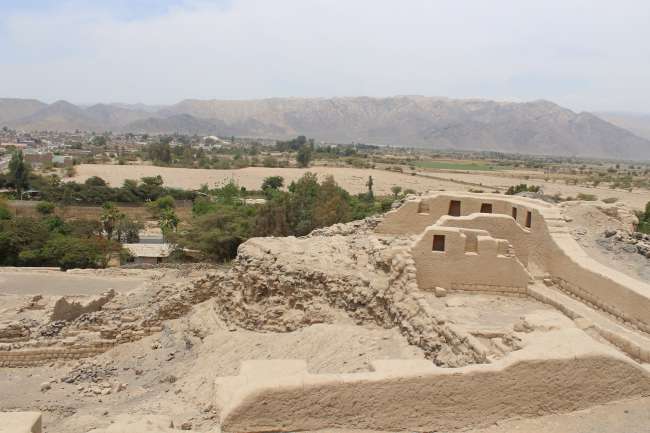
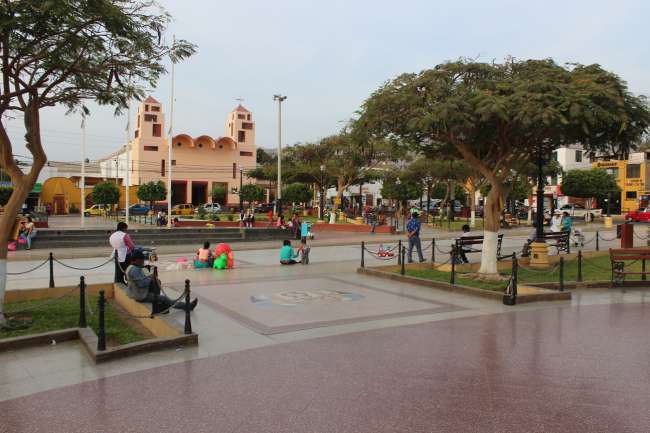
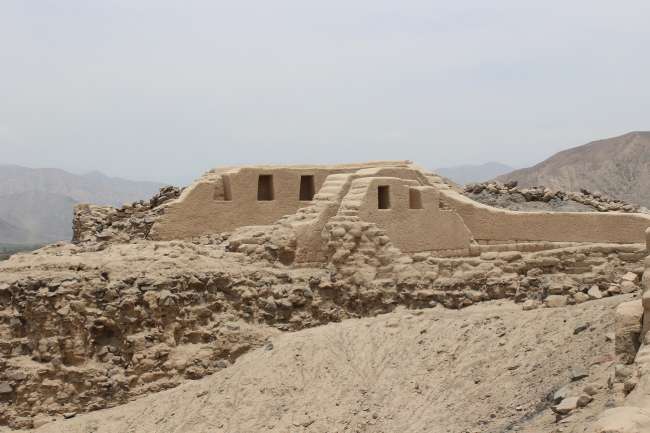
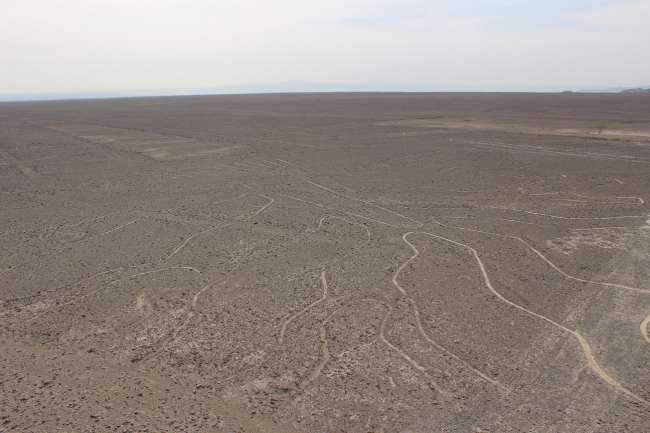
Agsubscribe iti Newsletter
Huanchacco
Back in Trujillo, we head back to Huanchacco, a place we are familiar with. We are warmly greeted by Tato, Juan, and Gaffi, the household dog, upon our arrival. We settle into our beds and the vacation from our vacation can begin. The daily routine includes getting up, having breakfast at the MyFriends Hostel across the street, doing nothing or taking a walk on the beach and relaxing, having Menu del Dia for lunch, taking a digestion nap, enjoying delicious cake at the local bakery, and in the evening, indulging in a gourmet meal at Alex's, who is half Chilean and half Italian, before either watching movies or going out to party. The last three days in Huanchacco, I use to give surfing another chance, and lo and behold, on the second day, I manage to paddle into big waves and stand on the board for a few seconds!
During our time in Huanchacco, I was very happy because Tato helped me repair my phone (which made it probably 300% cheaper) and we were able to run some errands in Trujillo.
Best place to recharge!
Nazca - Strange lines in the sand and stuff
After about a week, it's time to say goodbye to beloved Huanchacco! With renewed energy but also a bit sad to leave this magnificent place behind, we head south in Peru, where the alleged tourist highlights hide. We take an overnight bus to Lima and from there, after an hour's stay, continue directly to Nazca, the place of the famous lines in the desert. After a total of 20 hours on the bus, we reach this mystical place and settle into a small hostel near the main square, run by a super nice small family. We stretch our limbs and devour Pollo a la Brasa. The next morning, we have a super breakfast with as many rolls as we want. Then we set out to explore Nazca's treasures. First, we take a taxi to the aqueducts of the Nazca period. Here, underground tunnels can be found, which can be accessed through spiral accesses. Very interesting. Next, our taxi driver takes us to the first lines, which can be recognized by climbing a hill. These lines form triangles or checkerboard patterns. Finally, our taxi excursion takes us to some ruins of a palace. The amazing thing is that Nazca is located in the middle of the desert. Except for a few oases, there is nothing to be found here. In the afternoon, we go to the highlight, the Nazca lines. However, we skip an expensive flight over the lines and take the bus to the nearby viewpoint. From there, we can spot two figures, the hands and the hummingbird. However, a highway was built right through the hummingbird. Peruvians don't necessarily have a knack for preserving their monuments.
No one really knows the meaning of these lines. It is believed that they had spiritual or ceremonial significance, but it is not certain in what context, as the lines can only be seen from the air or from a metal tower that was built in the middle of the desert. The figures can be up to 300m long and represent both geometric shapes (triangle, trapezoid) and depictions of local animals (condor, hummingbird, monkey) or abstract figures (haaaaaaands!!!!, astronaut, alien). To build these lines, the top layer of the desert, known as the desert varnish, was excavated about 30cm deep, revealing the underlying white limestone and creating a strong contrast. The large figures and sometimes kilometer-long straight lines continually raise new questions. Therefore, some people speculate that they were built by aliens. The alleged evidence for this is the figures of the astronaut and the alien. Scientists speculate that the Nazca already had the technology for a kind of hot air balloon that enabled the construction of the lines. Pieces of evidence for this can be found repeatedly at the corner edges of the lines, where old fire pits could be found through the preservation of the desert varnish. By the way, it was the German Maria Reiche who took care of clearing the lines and working for their protection and inclusion as a UNESCO World Heritage Site for over 40 years.
An interesting day is coming to an end, and we continue overnight by bus to Arequipa.
Agsubscribe iti Newsletter
Sungbat
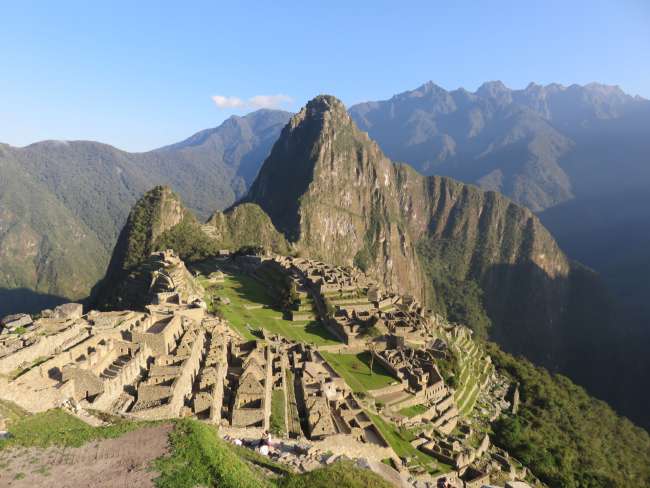
Dagiti report ti panagbiahe Peru nga
